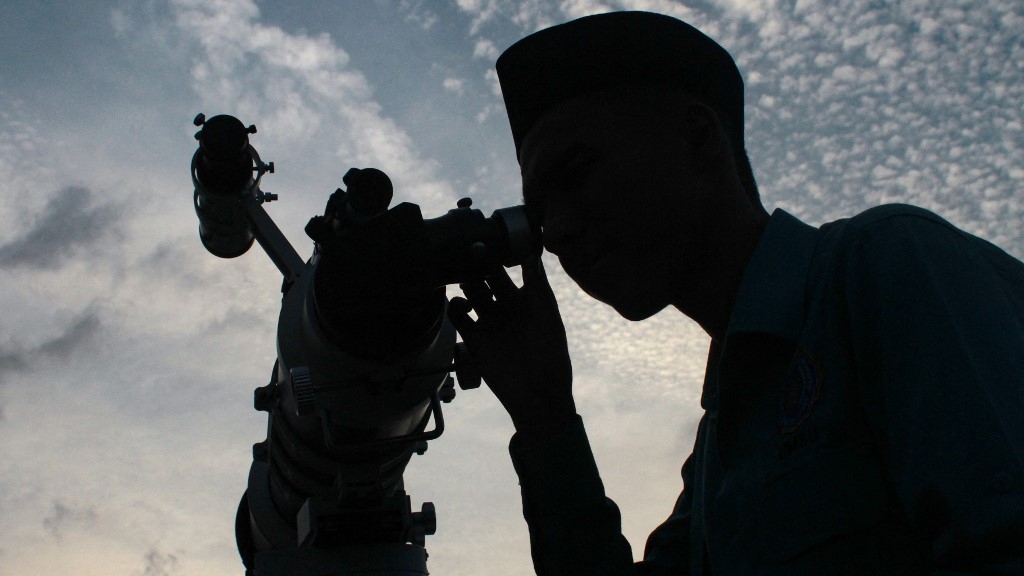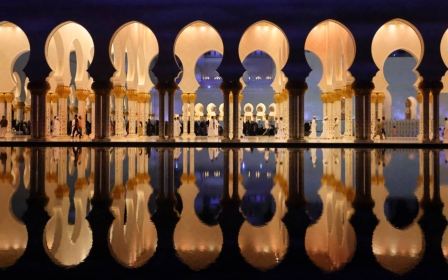Ramadan: Moon-sighting officials announce start date for Islamic holy month

Moon-sighting officials have declared the start of Ramadan, the Islamic holy month, on 11 March.
Saudi Arabia's two holy mosques issued a statement, saying "the crescent of Ramadan 1445/2024 has been sighted in Saudi Arabia. Subsequently, Ramadan 1445/2024 begins tomorrow, March 11, 2024. Taraweeh Prayers will begin in the Two Holy Mosques after Isha Prayers."
Around the world, moon-sighting officials spent 10 March seeking to sight the moon in order to gauge when the start of Ramadan, which is based on the lunar calendar, is set to begin.
The Islamic Society of North America, the Fiqh Council of North America and the European Council for Fatwa and Research all follow the lunar calendar of Saudi Arabia.
Other countries, including Lebanon, Iran, Turkey and the United Arab Emirates are also set to start the holy month on 11 March.
New MEE newsletter: Jerusalem Dispatch
Sign up to get the latest insights and analysis on Israel-Palestine, alongside Turkey Unpacked and other MEE newsletters
Dates may vary for other communities that have their own rules in place. In the UK, where there is no nationwide moon-sighting system or officials, some follow Saudi declarations while others try to spot the moon in Britain's skies.
Some will wait for news from the nearest or a neighbouring Islamic country, such as Morocco.
Ramadan is the ninth month of the Islamic calendar and is the most sacred period of the year for Muslims.
During this period, worshippers will abstain from all forms of food and drink during the daylight hours, breaking their fast at sunset.
Muslims believe that through fasting they are able to strengthen their relationship with God. Time is spent participating in acts of worship, such as praying, reading the Quran and giving to charity.
Abstaining from food and drink during daylight hours allows Muslims to practise willpower and focus their energy on working on their faith.
Middle East Eye delivers independent and unrivalled coverage and analysis of the Middle East, North Africa and beyond. To learn more about republishing this content and the associated fees, please fill out this form. More about MEE can be found here.




